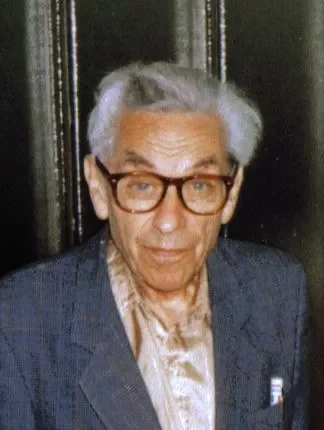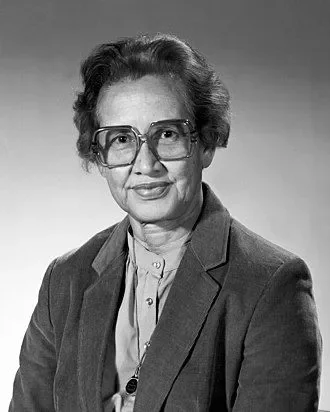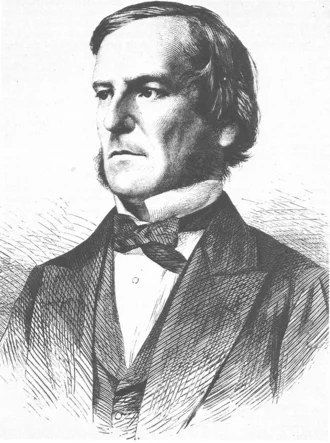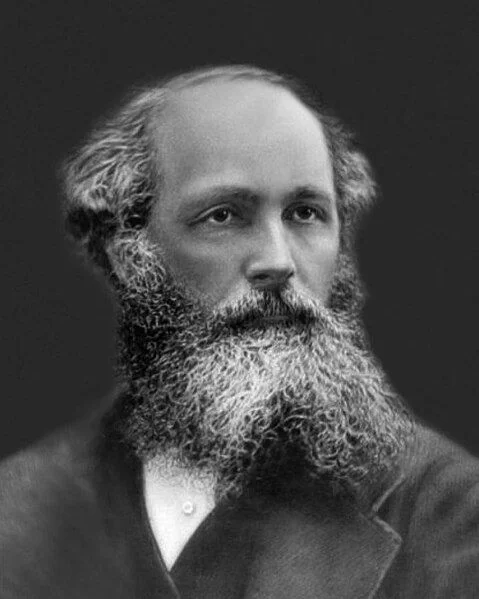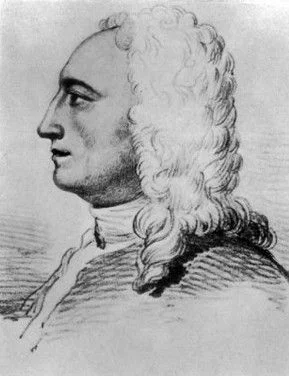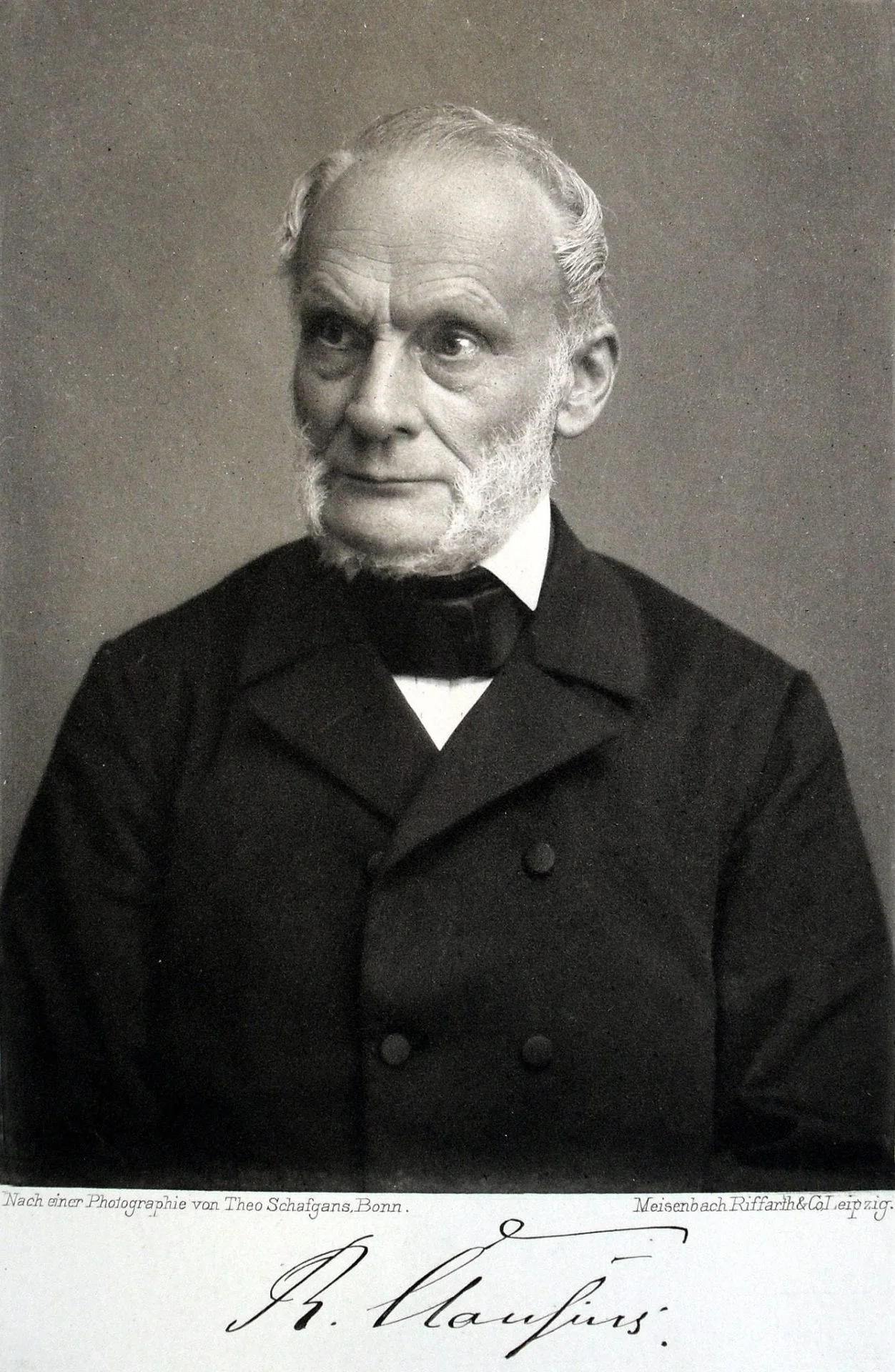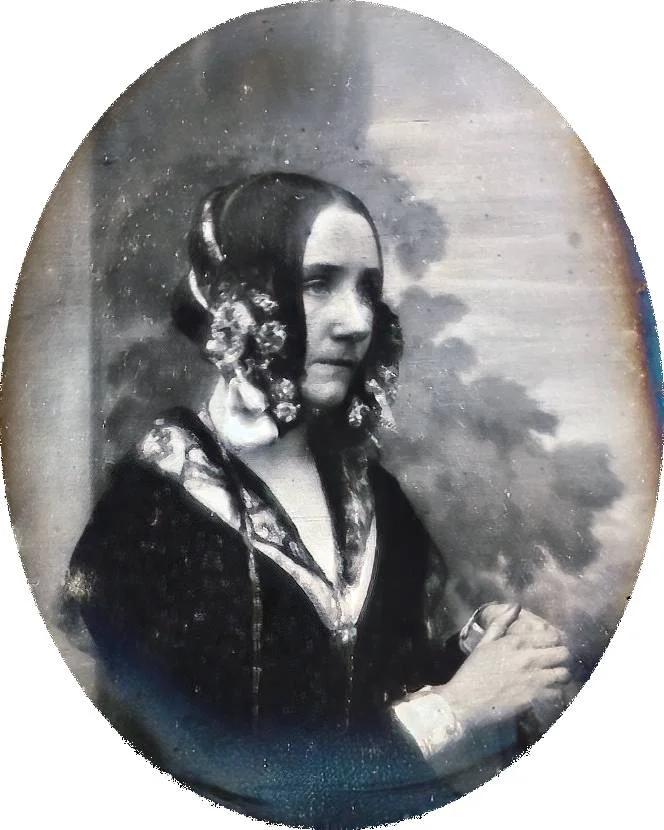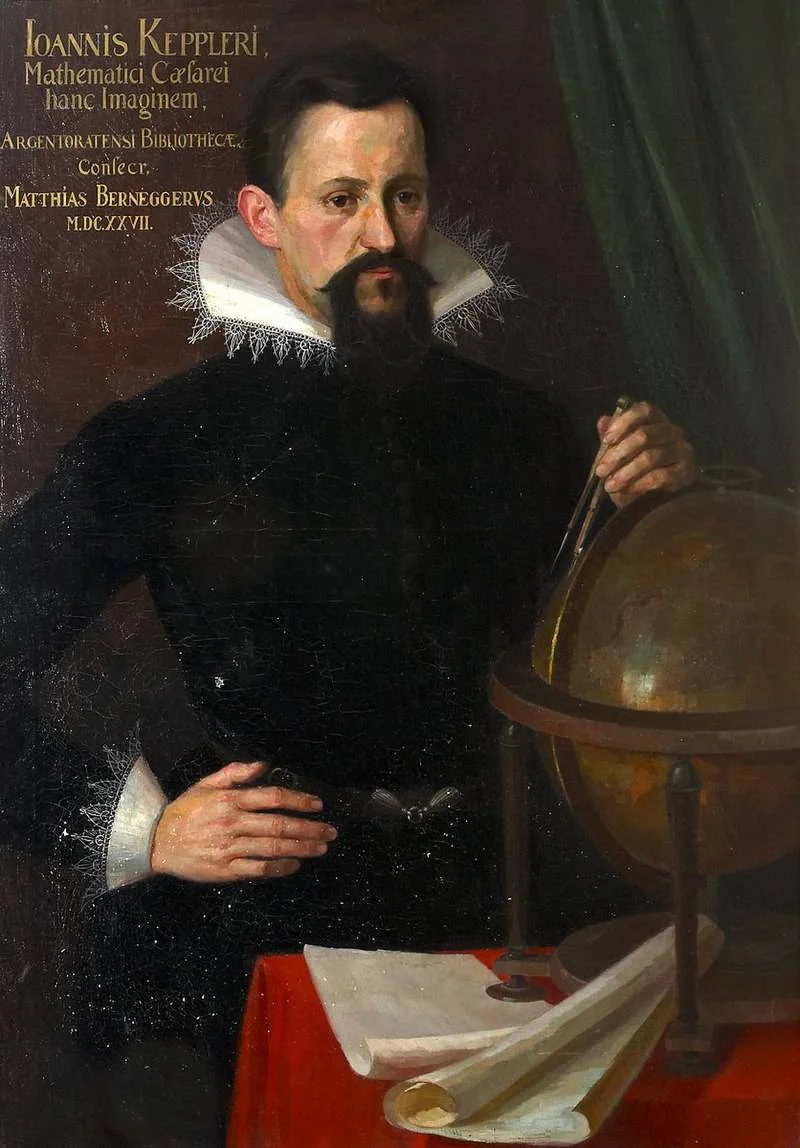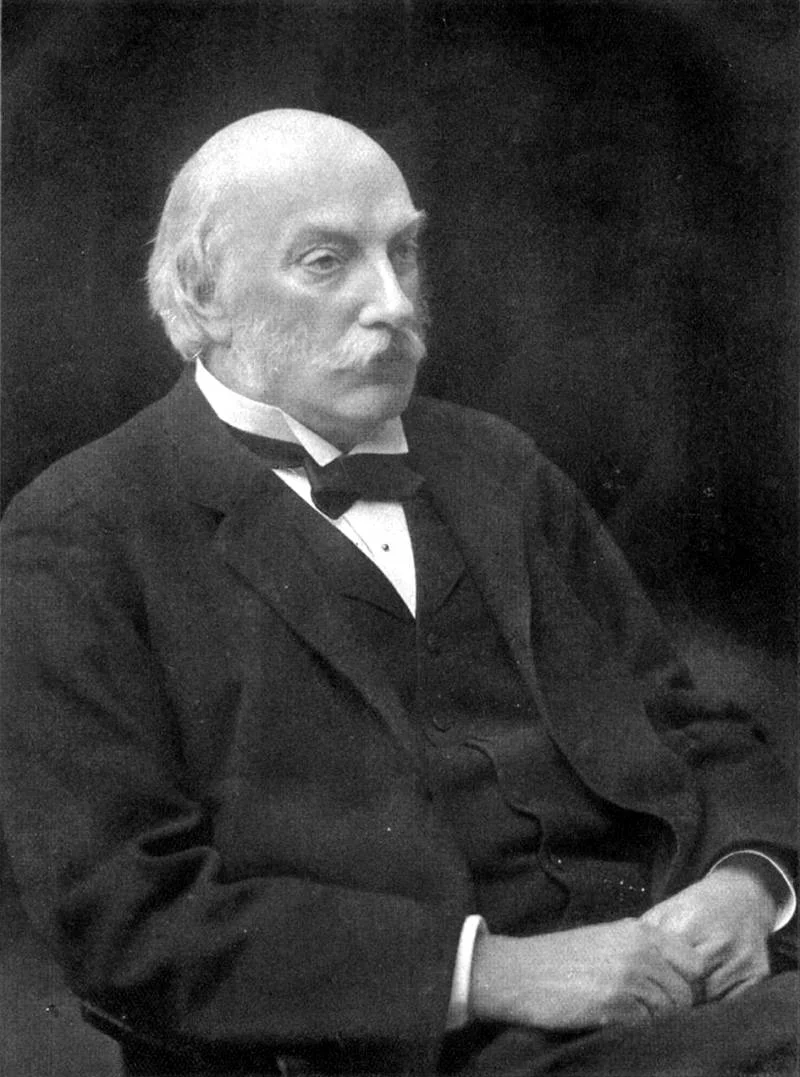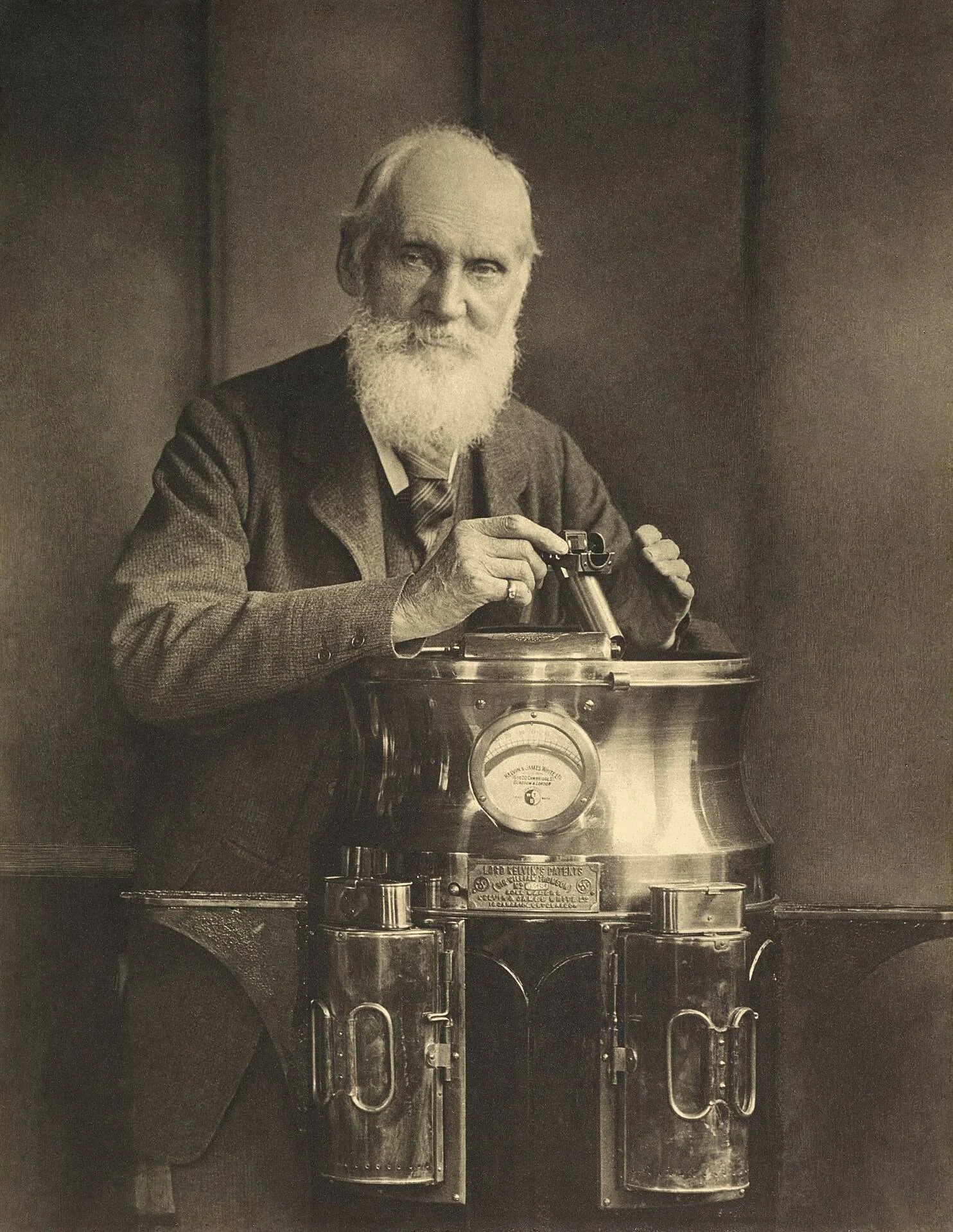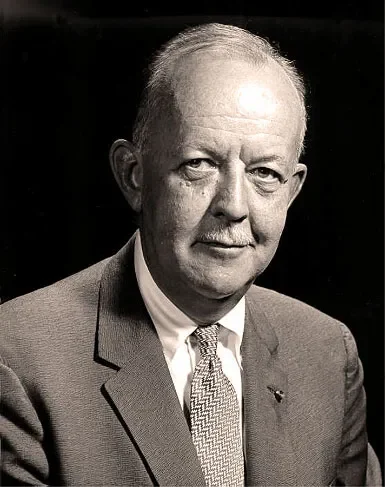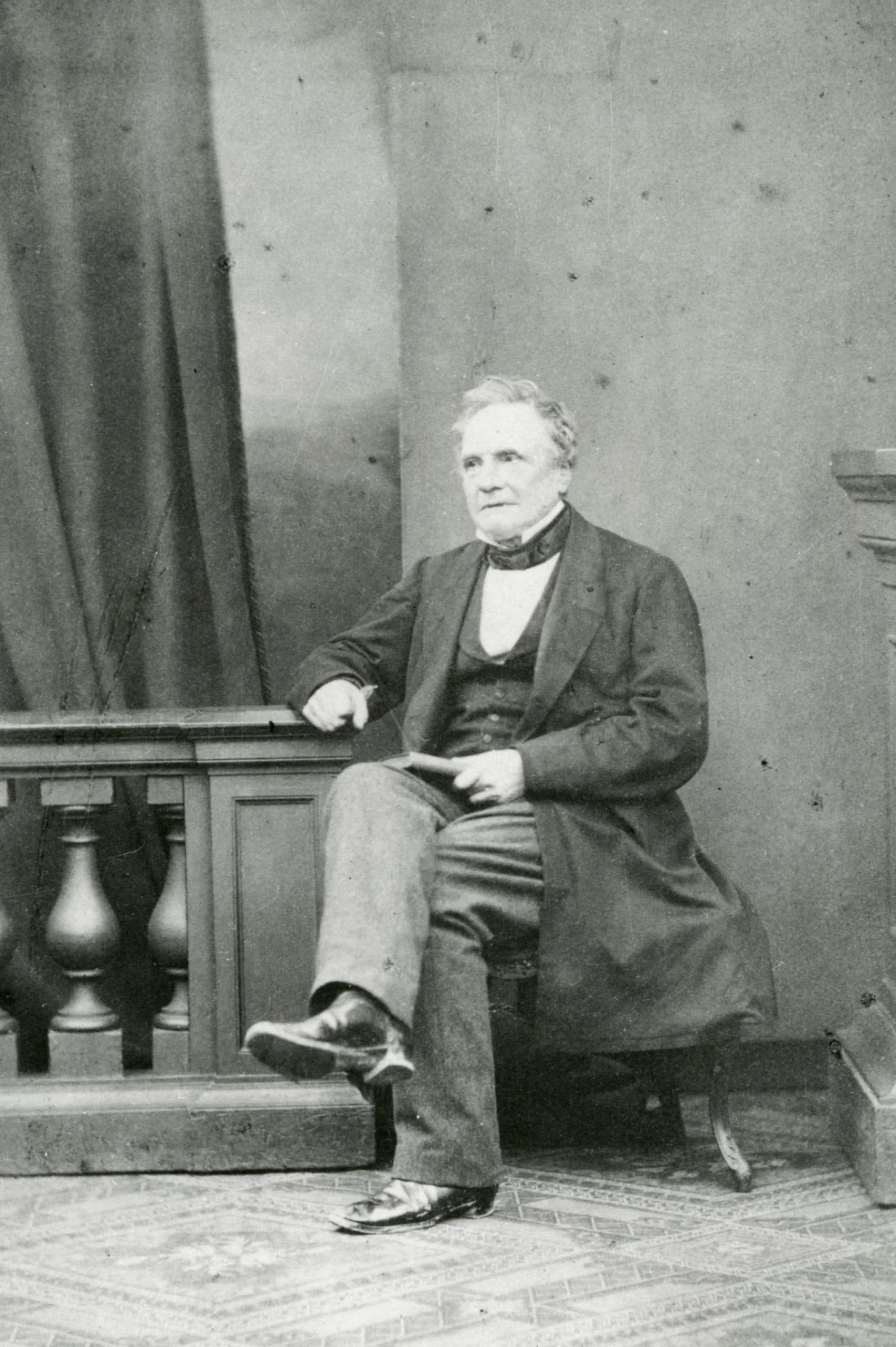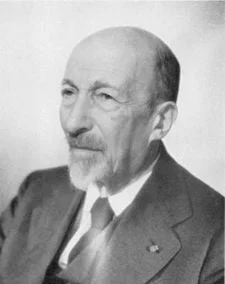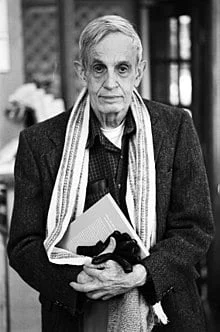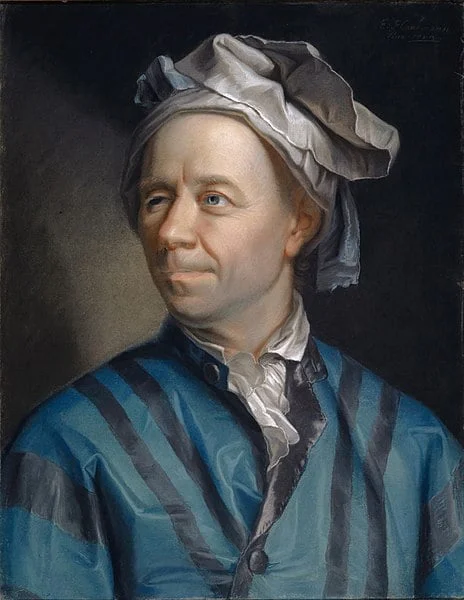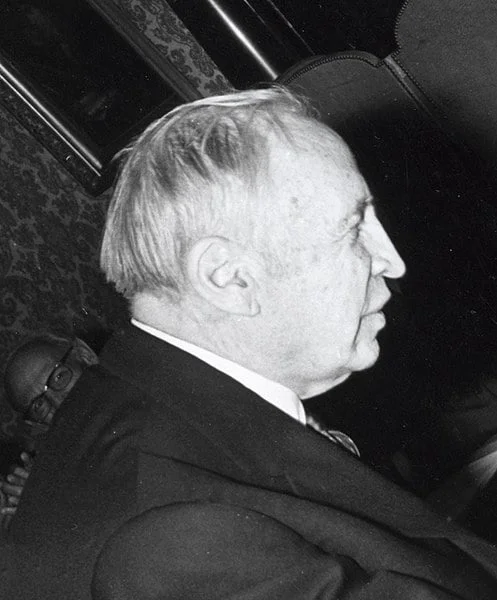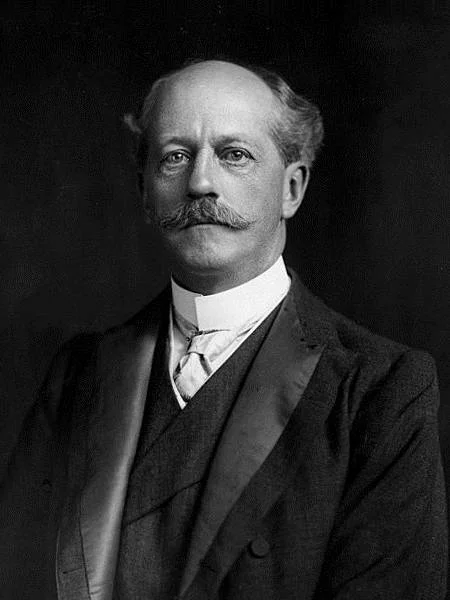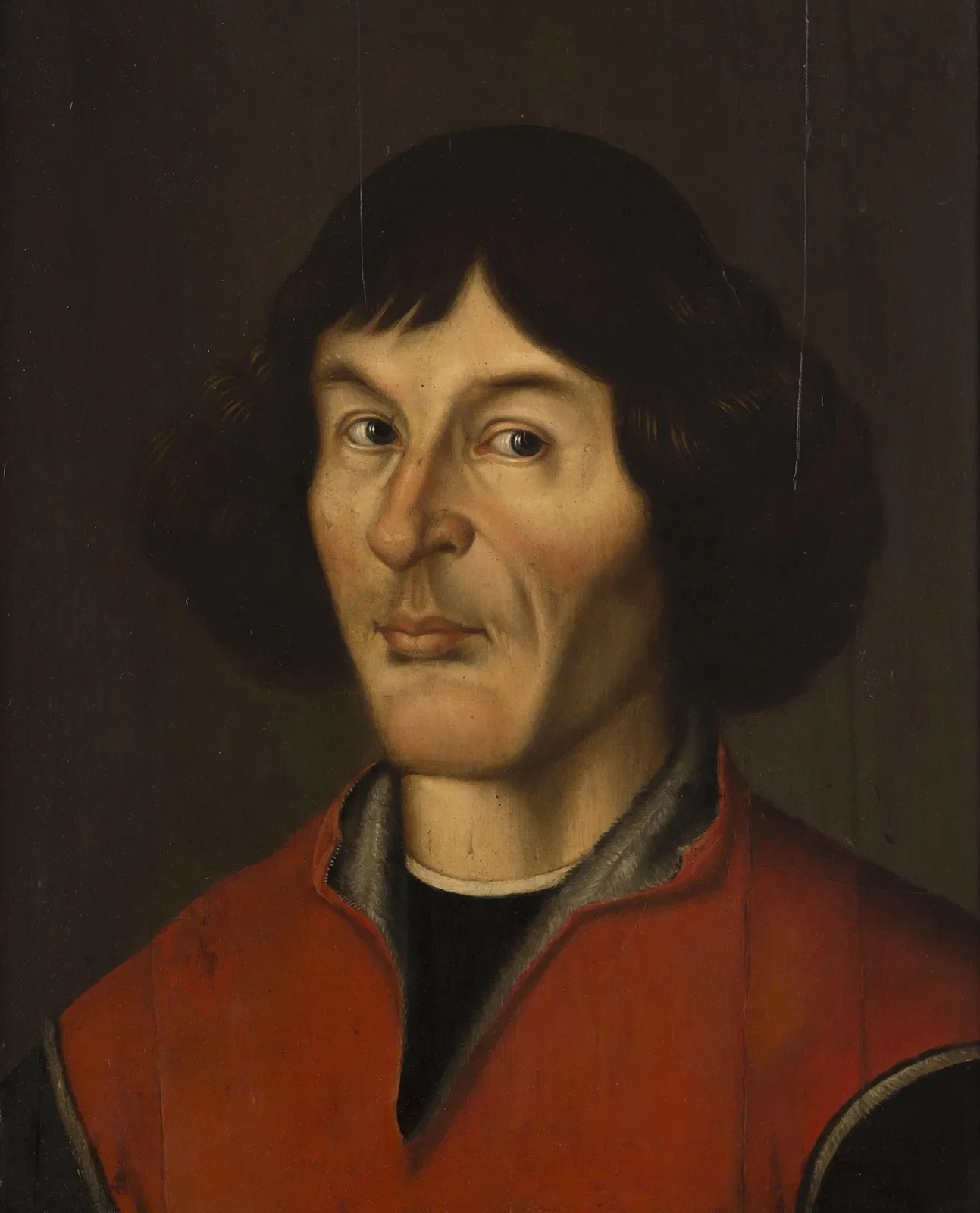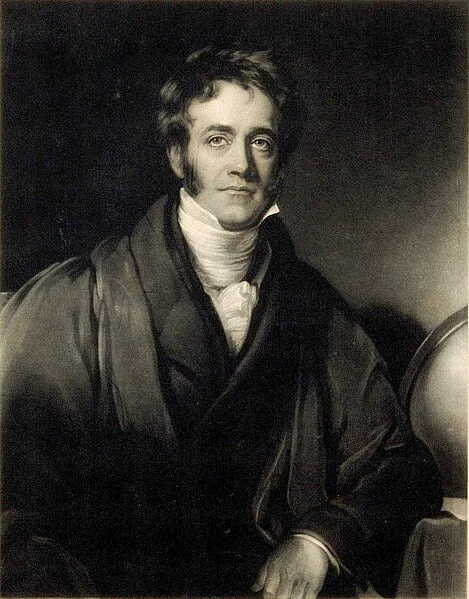Real Celebrities Never Die!
OR
Search For Past Celebrities Whose Birthday You Share
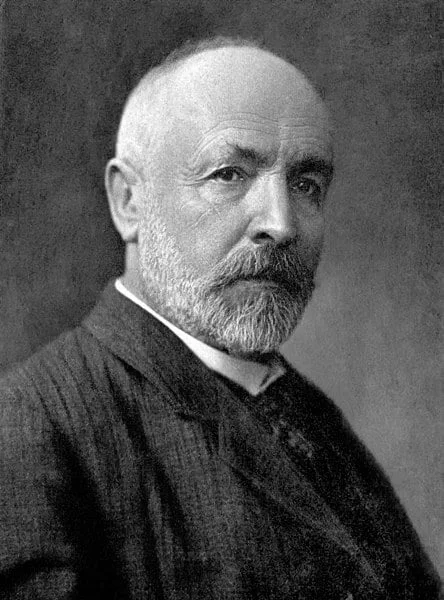
source:wikipedia.org
Georg Cantor
Birthday:
03 Mar, 1845
Date of Death:
06 Jan, 1918
Cause of death:
Heart attack
Nationality:
German
Famous As:
Mathematician
Age at the time of death:
72
Georg Cantor's Quote's
Early Life and Passion for Mathematics
Georg Ferdinand Ludwig Philipp Cantor was born on March 3, 1845, in St. Petersburg, Russia. He grew up in a family of musicians, which instilled a strong sense of discipline and creativity in him. However, his exceptional mathematical abilities emerged early. Despite his father’s hope that he would pursue music, Georg Cantor followed his passion for mathematics, enrolling at the University of Berlin in 1862.
Academic Journey and Influences
At the University of Berlin, Georg Cantor studied under prominent mathematicians like Leopold Kronecker. In 1867, he completed his doctoral thesis on number theory, showcasing his potential. His academic path, however, truly gained momentum when he delved into set theory, which would later revolutionize mathematical thought.
Pioneering Set Theory and Infinity
Cantor’s contributions to mathematics took a transformative turn in 1874 when he introduced the concept of sets. He explored the revolutionary idea that different sizes of infinity exist. His “Cantor’s theorem,” introduced in 1891, proved the existence of uncountable sets, challenging the traditional understanding of infinity. This groundbreaking work laid the foundation for modern set theory.
The Concept of Cardinality and Hierarchy of Infinities
One of Georg Cantor’s most significant contributions was the idea that not all infinities are equal. He introduced the concept of cardinality to quantify the size of sets, showing that some infinities are larger than others. This revelation, although initially met with resistance, became a cornerstone of modern mathematics and fundamentally changed how mathematicians approach infinite sets.
Further Contributions to Mathematics
Cantor’s work extended beyond set theory. His contributions to trigonometric series and the development of the Cantor set further enriched the mathematical landscape. His rigorous foundation for understanding mathematical structures opened new research directions in various branches of mathematics.
Challenges and Resistance
Despite his groundbreaking discoveries, Cantor faced resistance from contemporaries, including his mentor Kronecker. The debates on the nature of infinity and the validity of Cantor’s work caused professional friction and took a toll on his mental health. He struggled with depression, yet remained committed to his work, demonstrating remarkable resilience.
Recognition and Impact
Although Georg Cantor’s work faced criticism during his lifetime, his contributions were eventually recognized. In 1911, he received the Ackermann–Teubner Memorial Prize for his achievements. The true impact of his work was not fully appreciated until the later 20th century, when set theory became fundamental to mathematical research and education.
Personal Life and Family Support
In 1874, Cantor married Vally Guttmann, and together they had six children. Despite facing financial difficulties and health issues, his family remained a source of strength. His wife’s unwavering support was vital in helping Cantor continue his research during challenging times.
Later Years and Passing
Georg Cantor’s later years were marked by health struggles. He spent time in a sanitarium due to mental health issues, and on January 6, 1918, he passed away from a heart attack. His death came at a time when his contributions were only beginning to be fully recognized by the broader mathematical community.
Legacy and Lasting Influence
Georg Cantor’s groundbreaking work on set theory and infinity left an indelible mark on mathematics. His exploration of the infinite transformed mathematical thinking and laid the groundwork for future developments. Cantor’s legacy lives on, influencing mathematicians and researchers, and shaping discussions on the nature of mathematical reality.
In conclusion, Georg Cantor’s life and work represent the relentless pursuit of knowledge despite adversity. His revolutionary ideas on infinity and set theory continue to inspire and shape the mathematical landscape today, ensuring his lasting place in history.
Name:
Georg Cantor
Popular Name:
Georg Cantor
Gender:
Male
Cause of Death:
Heart attack
Spouse:
Place of Birth:
Saint Petersburg, Russian Empire
Place of Death:
Halle, Province of Saxony, German Empire
Occupation / Profession:
Personality Type
Logician: Innovative inventors with an unquenchable thirst for knowledge. He was very innovative and has powerful logical thinking abilities.
Cantor faced significant opposition and criticism for his work, particularly from his mentor Kronecker.
Cantor introduced the concept of different sizes of infinity and established a hierarchy of infinities. This idea revolutionized mathematical thinking,
Cantor's legacy extends beyond set theory. His work laid the groundwork for various branches of mathematics, influencing fields such as topology, analysis, and logic.
Georg Cantor was born into a family of musicians.
Several Honorary Doctorates from various Universities

